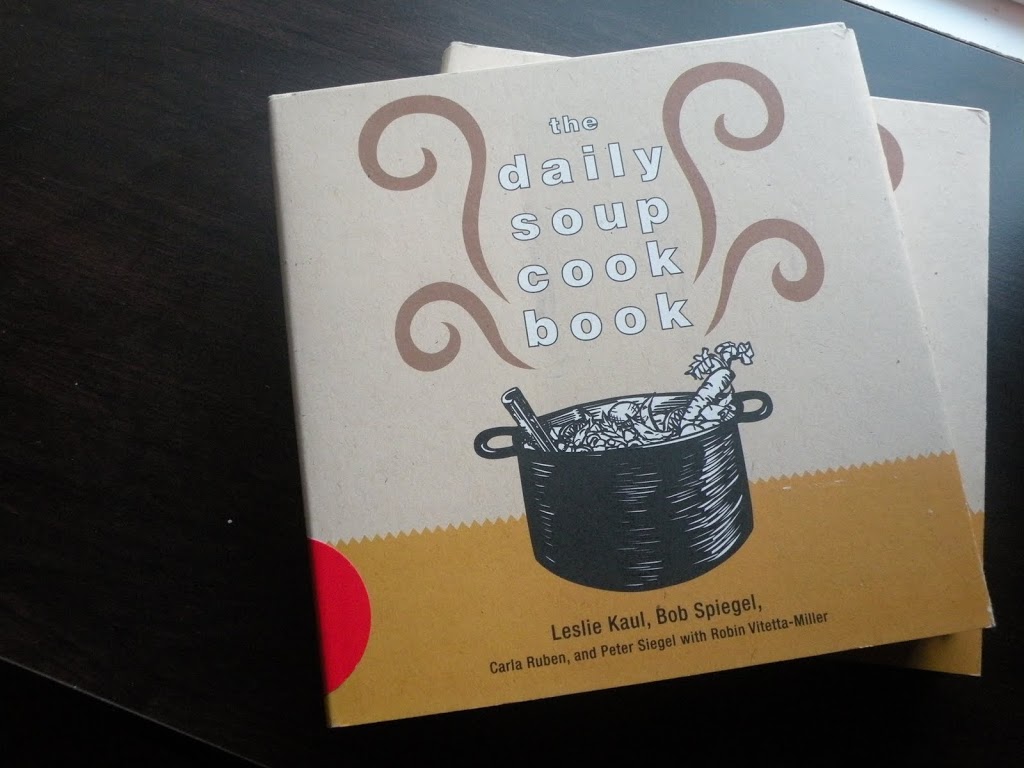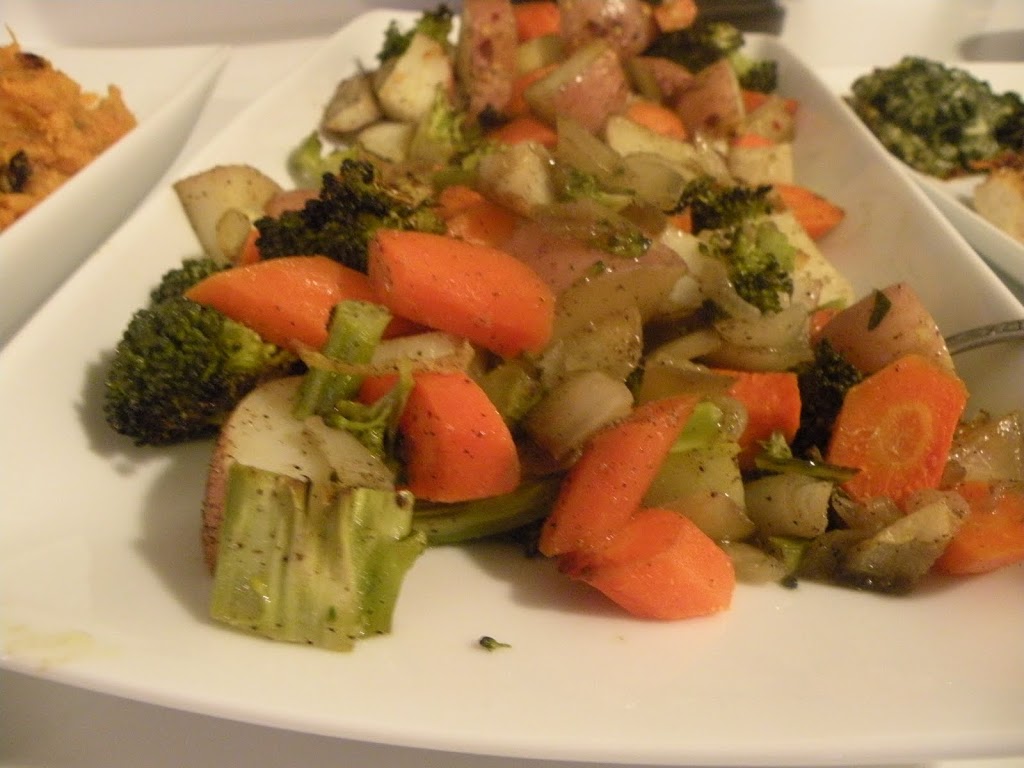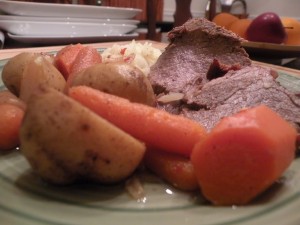Uncategorized
La, la, la, la, la…always Coca-Cola
I don’t drink much soda. I remember the first time I tried it as a child and telling my mother how much it burned. By the time I was in high school I was completely over it. I will admit that occasionally, I’ll have a swig of carbonation, but it’s not my drink of choice.
It’s powerful stuff, so I wasn’t surprised when a friend told me you could use Coke to braise beef. Braising is the process of cooking meat using both wet and dry heat. You sear it first, then cook it in stock or broth that contains an acidic element like tomatoes, beer or wine to help tenderize the meat.
It’s more commonly known as pot roasting.
I couldn’t wait to try the soda-stock combo on some beef. I did a test run with my cooking class but used only soda so all of the liquid evaporated. The meat was tender but dry. Undeterred, I tried it again the next night for my family. I made sure to add much more soda and broth. The beef turned out very juicy and tender and the potatoes and carrots that cooked in the liquid had a sweet and tangy flavor. Keep reading for the recipe.
Ingredients
Beef (the big roasting kind)
Potatoes
Carrots
Coke
Beef Broth
Salt
Pepper
Garlic
Red Pepper Flakes
1. Take your beef and season it, set aside.
2. Cut up your vegetables
3. Heat a large skillet and toss in the meat, let it brown on the outside.
4. Add your vegetables now, let them brown up a little bit too
5. Pour in your liquid. You’ll want the liquid to cover the bottom half of the meat so pour equal portions of Coke and broth until you reach the midpoint of the meat.
6. Cook for one hour on 350, then turn and cook for another 45 minutes to an hour




2 Comments
JEn
Did the soda impart a sugary flavor or caramelize the veggies. It sounds very interesting. I typically use red wine or beer, soda sounds like an interesting alternative.
LifeinDishes
Surprisingly it didn’t taste sugary. There was a mild sweetness to the veggies, but I’d also seasoned them to my liking with salt, pepper, garlic. They were not carmelized, they were tender and moist.